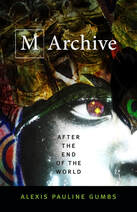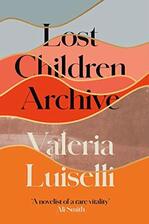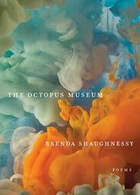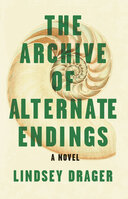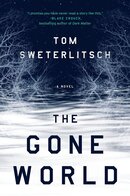ENG 7110/7340: Archive Fevers
|
In this course, we will focus on several current trends in literary texts and theories that explore the politics of the archive. We will think about various manifestations of the “archive,” as a term that functions both literally and figuratively in cultural texts and spaces, and how these inform contemporary memory practices, theories, and narratives. We will interrogate the cultural and political uses of institutional and individual memory in shaping responses to traumatic pasts and precarious futures, and the ways in which such responses articulate apocalyptic anxieties in the face of global climate and refugee crises, cyber-security threats, and extinction politics. Assigned readings encompass debates on collective memory and archives, with attention to the following:
|
